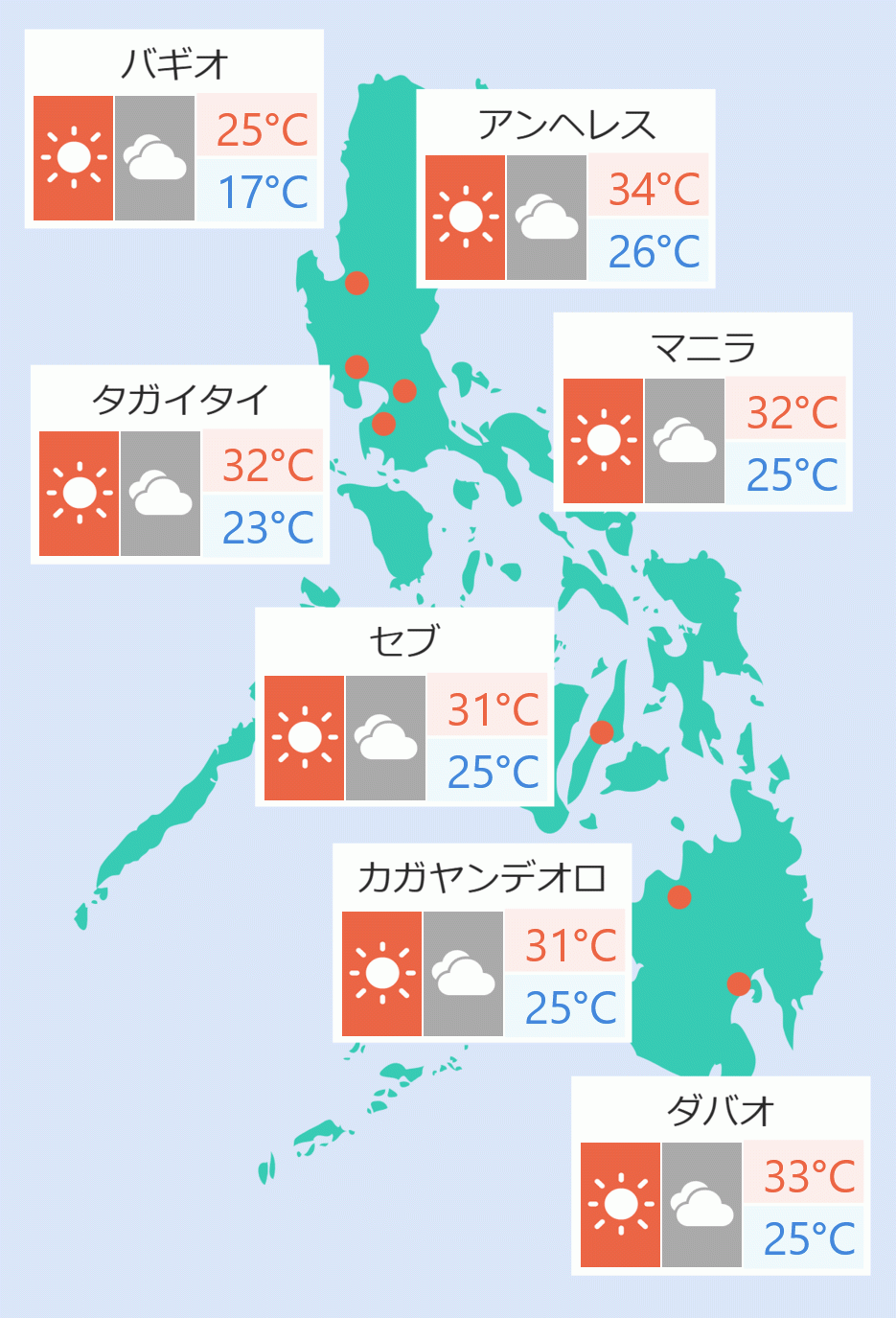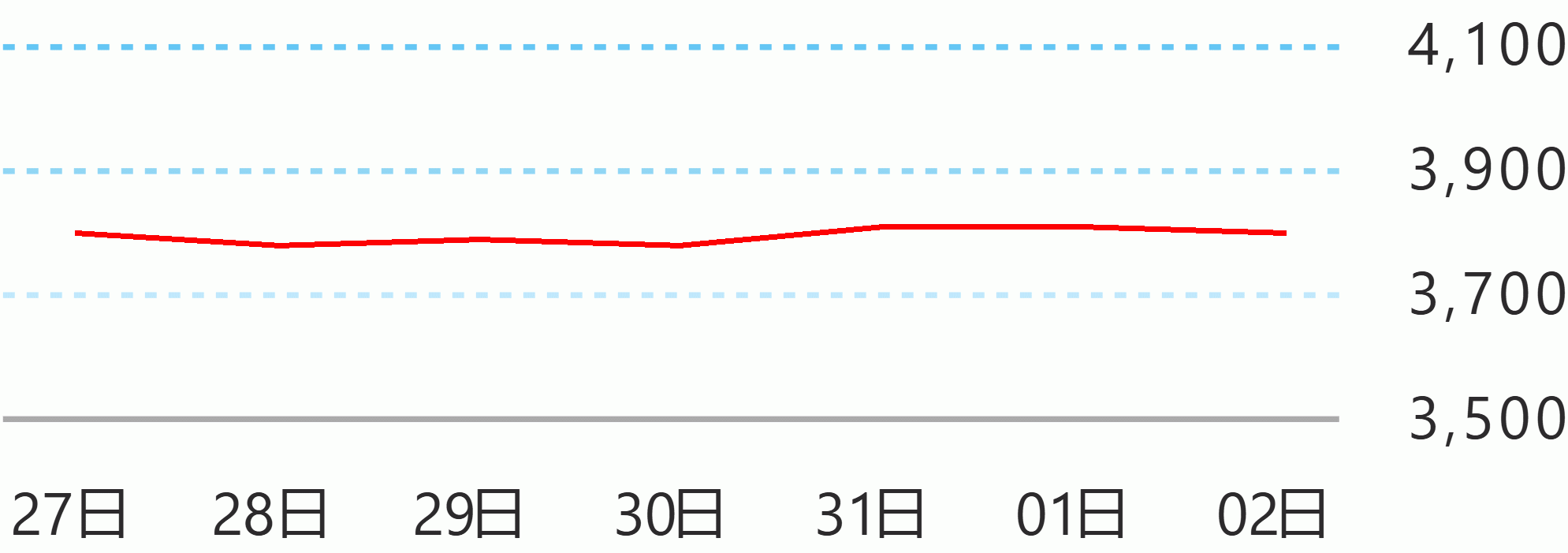Malacanang said on Tuesday that those questioning the constitutionality of the implementing rules and regulations of the anti-terrorism law could bring up the case before the Supreme Court.
In a televised press briefing, Presidential Spokesperson Harry Roque said that even before the name of a suspected terrorist is published, it would be decided not by one person alone, but the entire Anti-Terrorism Council, composed of several individuals.
"There will be a determination that will take place before a person is classified as being terrorist. The entire Anti-Terrorism Council will be involved," he said.
He added that tagging and publishing the name of a certain individual as a terrorist should be based on "factual basis."
Several groups, including the Integrated Bar of the Philippines, have said that the IRR of Republic Act No. 11479 or the Anti-Terrorism Act of 2020 would not address the supposed unconstitutional provisions in the law.
Human rights group Karapatan said the IRR merely confirmed the issues raised by various petitioners before the high court regarding the "draconian law and how it can potentially be weaponized against political dissenters, activists, members of the opposition, journalists and the broader public."
It also noted that the the Anti-Terrorism Council’s power to release to public a list of individuals and groups it "designates" as terrorists before giving them the chance to clear their names is a dangerous power.
"If they think this is a violation of any right, they're welcome to seek relief before the Supreme Court," Roque said.
He also asked those critical of the anti-terror law and its IRR to "accord public officers of regularity in the discharge of duty."
At least 37 petitions have been lodged before the Supreme Court questioning the constitutionality of RA 11479. Celerina Monte/DMS





 English
English










